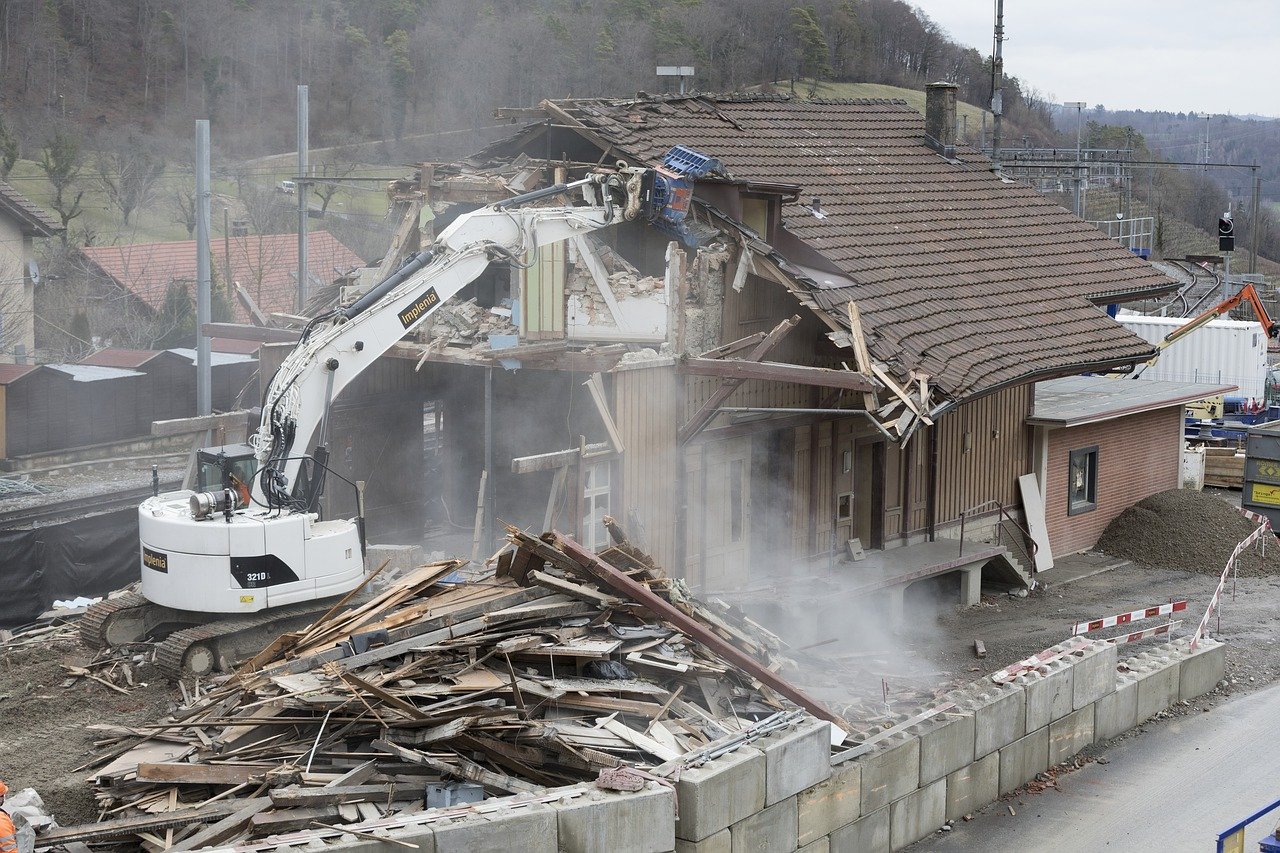Table of Contents Show
Despite being among the most crucial elements of modern construction, the majority of individuals have not much to no understanding behind several of the realities those in the demolition industry face.
Though this particular work type remains essential for enabling new structures to grace major cities nationwide, it is apparent the general population needs much more education regarding the demolition sector.

As a result, we have collected several of the foremost realities facing the modern demolition industry that you (probably) did not know about. Thus, stay tuned as we cover these facts as well as enable you to learn something new!
The Powerful Impact of Construction Demolition Recycling
- Helps conserve finite resources
- Potential to produce economic impact with reprocessed/salvaged materials
- Prevents increased use of landfills
- May reduce freight charges
- Maximizes the lifespan of materials
- Using recycled materials, like gravel and concrete, reduces costs
- Directly linked to offering new job and employment training opportunities
Demolition Contractors Have Standards that are High for Employees Despite the knowledge and expertise needed to complete the majority of construction requirements, society largely misrepresents the business as a job reserved for unskilled workers.
Spend 1 day in the shoes of a demolition contractor, and you are going to see that unfair misconception could not be further from the reality.
Read Also:
To meet client demands utilizing efficient solutions, demolition contractors have to wear several hats throughout the process.
From playing the part of an engineer (identifying potential deconstruction strategies) to acting as a lawyer (ensuring all local construction laws are met), these projects are no simple tasks to complete.
We are well into 2019, and the building boom continues. We are building more houses, more restaurants, more shops, as well as more infrastructure every day. But there is another thing we are building too.
Examples of Construction & Demolition Waste
- Bricks and masonry
- Concrete
- Wood
- Metal, including piping
- Drywall and Plaster
- Glass and windows
- Debris from big projects (e.g., tile, rubble, asphalt, etc.)
- Landscape waste
- The Powerful Impact of Demolition and Construction Recycling
- Helps conserve finite resources
- Potential to produce economic impact with reprocessed/salvaged materials
- Prevents increased use of landfills
- May reduce freight charges
- Maximizes the lifespan of materials
- Using recycled materials, like gravel and concrete, reduces costs
- Directly linked to offering new job and employment training opportunities
Construction & Demolition Facts
Fact One
The Environmental Protection Agency estimates that 230 million to 530 million tons of are produced nationwide each year in the United States.
Fact Two
In only one year, debris accounted for much more than two times the total amount of generated municipal solid waste in the U.S.
Fact Three
The South Carolina Department of Environmental Control estimates and health that over thirty-four % of all waste was disposed of in the state in 2017.










